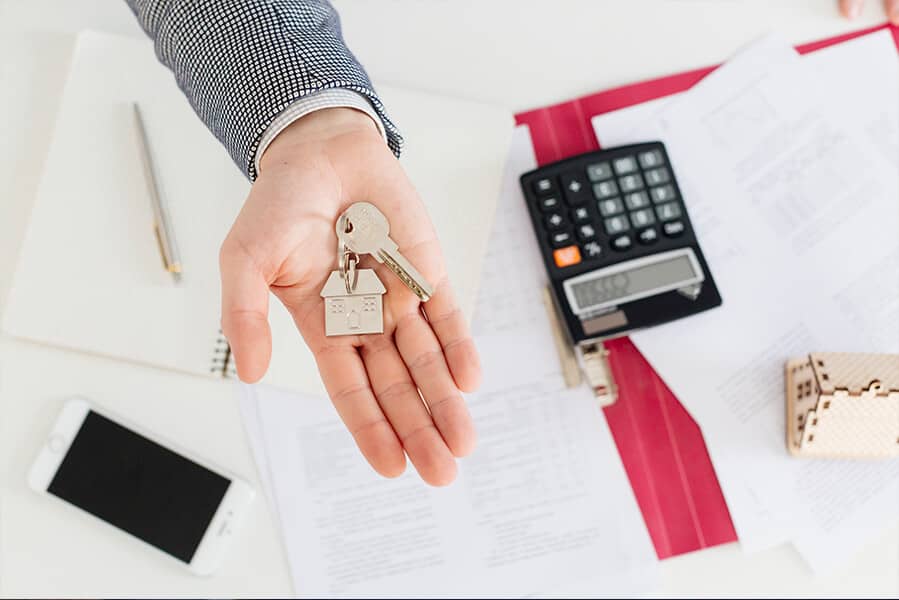Secured loans are types of loans that require the borrower to put up an asset as a form of collateral. Collateral is supposed to incentivize borrowers to follow their loan’s repayment terms accordingly and to take the financial decision seriously. To compensate for this requirement, secured loans typically come with a lower interest rate than other borrowing options available.
There are different types of secured loans out there. Home equity loans, auto loans, and even pawnshop loans are all forms of secured loans offered by completely different providers.
So, if you’re in need of funds in an emergency, should you turn to a secured loan for help? That depends on whether you’re willing to take on the risks that come with this borrowing option. Find out what those risks are.
The Risk of a Pawn Loan
If you’re dealing with a small emergency expense, you might be tempted to go to a pawn shop and ask for a loan. A pawn loan is essentially secured with the help of a valuable, like an instrument or a piece of jewelry. That is your collateral.
The biggest risk that comes with a pawn loan is that you could lose your valuable. You are given a short amount of time (sometimes as short as a month) to repay what you owe. If you can’t complete the repayments in time, the pawn shop will take ownership of your valuable. The shop is free to sell that valuable — even at a higher price than you originally paid for it.
You will have the option to buy back that valuable. You will not get preferential treatment for this purchase. The shop will treat you like any other customer that comes into the store. There is a possibility that you are too late and someone else buys it.
The Risk of a Home Equity Loan
Another secured loan option that could be available to you is a home equity loan. A home equity loan is secured against your property. That is your collateral.
What’s the risk? The risk is that you could lose a major asset if you default on your loan. The lender could put your home into foreclosure, meaning that the bank will officially own the asset. In some cases, the lender may sue you for what you owe.
So, unless you’re absolutely sure that you can make the repayments in full and on time, this may not be the best borrowing solution for you. The same goes for a home equity line of credit (HELOC).
Choosing a Different Option
It may be easier to choose a borrowing option that doesn’t come with collateral, and by extension, the risk of losing that collateral. You could look into an unsecured loan. An unsecured loan doesn’t require an asset to be put forth as collateral. There are caveats that come with having no collateral, like higher interest rates and lower borrowing amounts.
How can you access this type of loan? If you’re dealing with an emergency expense, you can apply for a loan by phone — as long as you meet all of the eligibility requirements. Your application for the loan just might get approved. In that case, you’ll be able to temporarily borrow funds to cover your urgent expense quickly. After that expense is paid for, you can focus on a straightforward repayment plan.
Another version of an unsecured loan is a credit card. If you’re dealing with an emergency expense, you can charge it to your credit card and pay down the balance later on. Ideally, you should only use this payment solution when your balance is nowhere near the credit limit. You don’t want to accidentally max out your credit card.
Borrowing money will always come with risks, but some borrowing methods come with bigger risks than others. Make sure that you’re fully aware of those risks before you apply.



